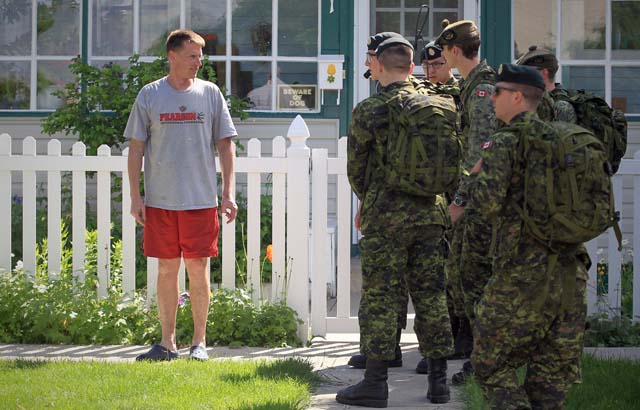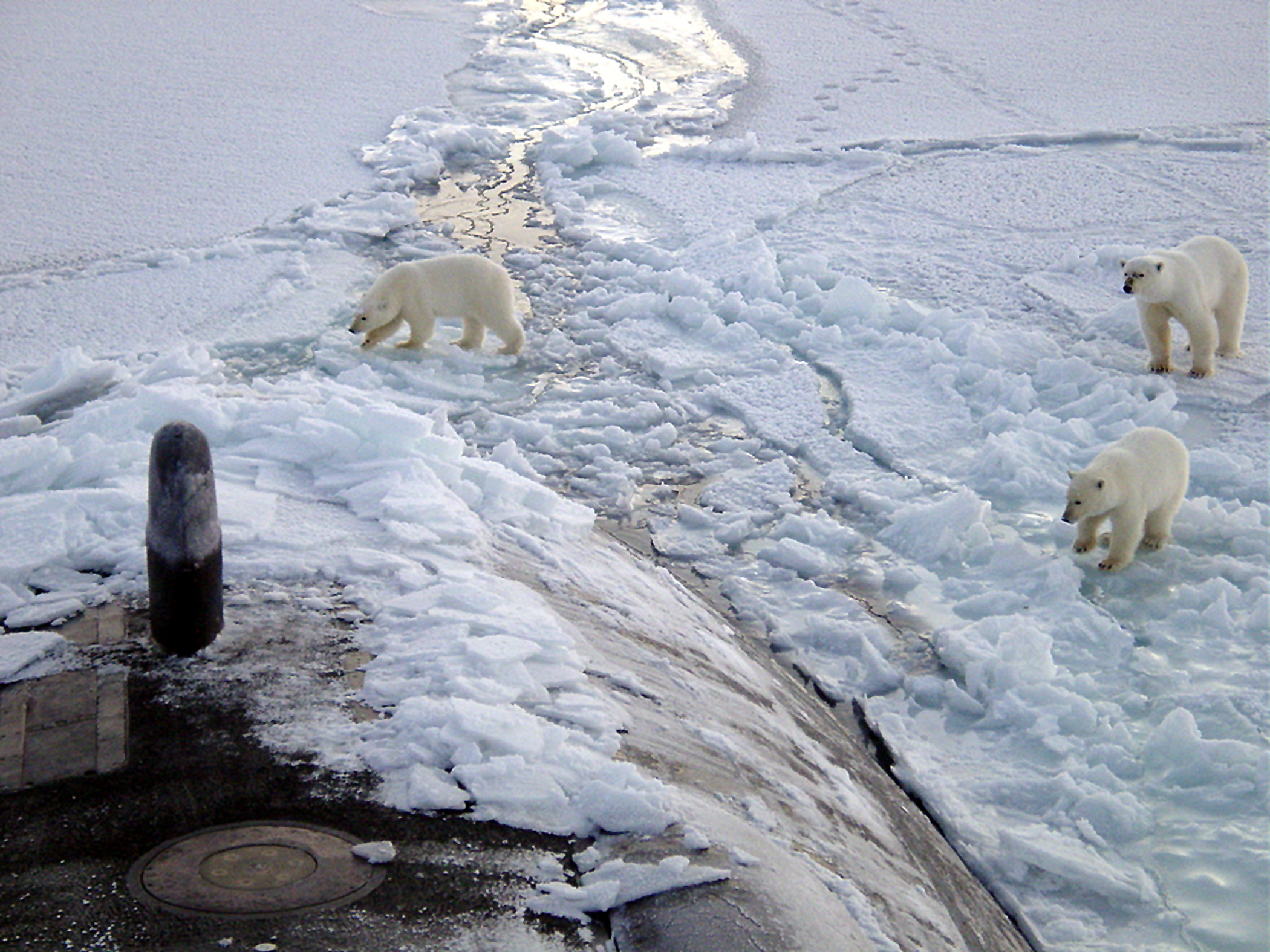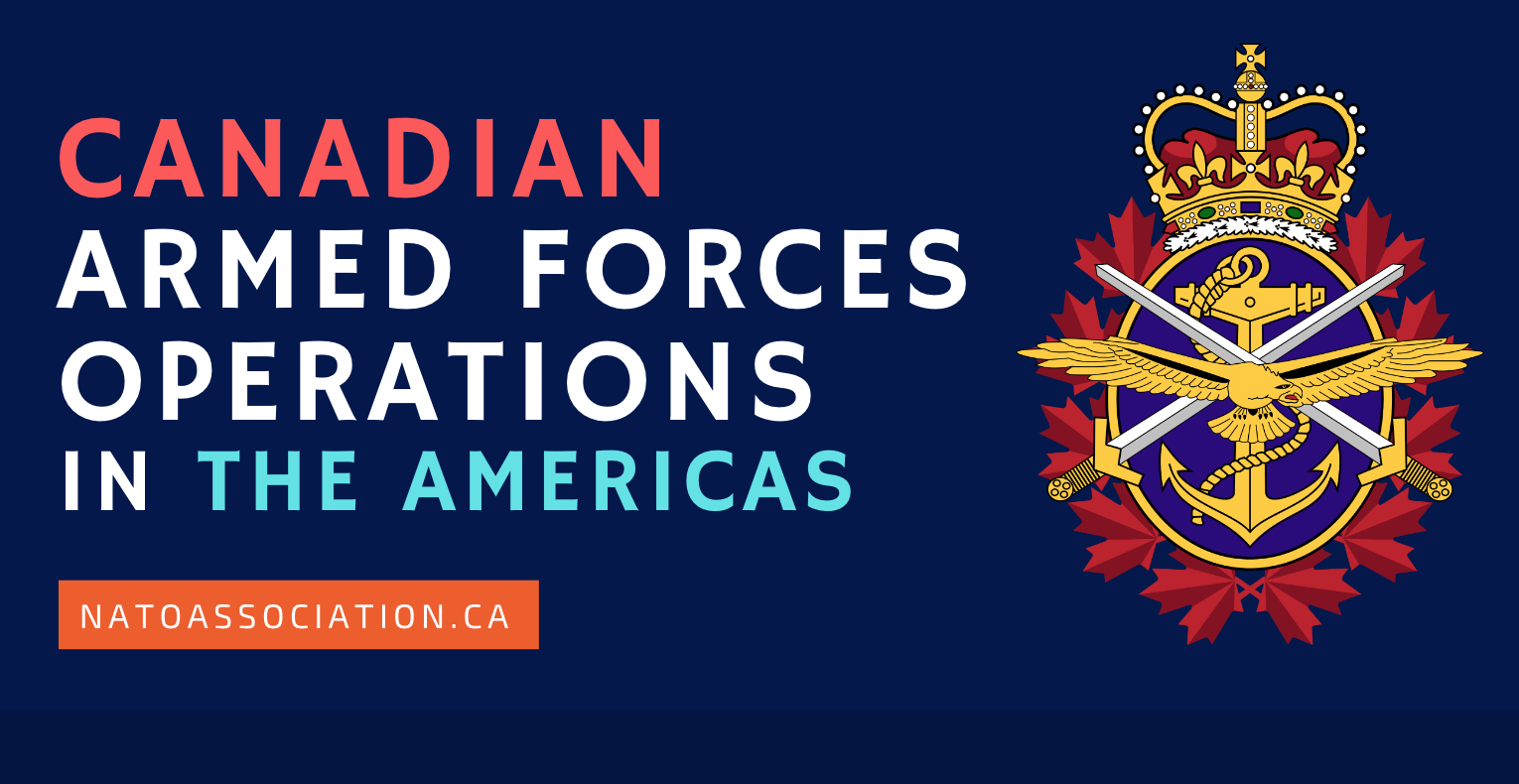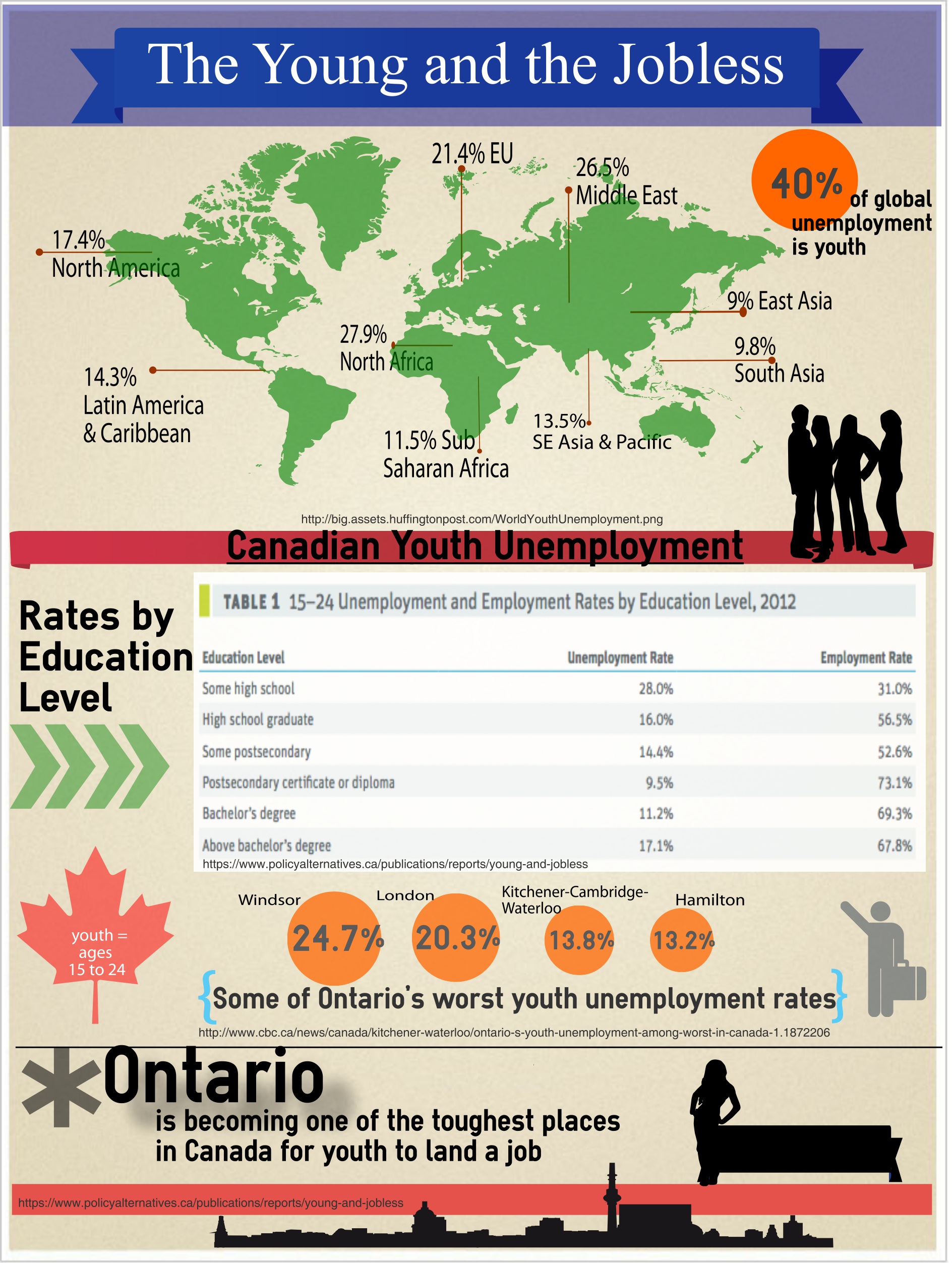Flooding in Europe has recently been so intense that it consumed a great deal of news reports for June 2013. While Canada as a whole wasn’t faced with the same degree of flooding, communities throughout southern Alberta (including Calgary) were faced with an onslaught of torrential rains that began on June 19th, causing extensive damage that has crippled the fifth largest metropolitan area in Canada. By the morning of Friday June 21st, the devastation was so extensive that an estimated 75,000 residents in 25 neighborhoods lying along the Bow River had been ordered out of their homes, with about 1,500 people forced to go to emergency shelters. In what is now called the worst catastrophic flooding in Alberta’s history, the Canadian Reserves and Armed Forces have come to play a highly critical role in ensuring those affected by the flood were kept safe, and has both demonstrated and reaffirmed the critical role the Reserve forces have to offer Canadians in a strong way.
The CF mission began on June 22nd, following a request from the RCMP. More than 1,200 soldiers began a search-and-rescue effort in supplying humanitarian aid to southern Alberta flood victims. Of these, 300 were reservists from Calgary – a rare occurrence in which all city reserves were deployed at once. Along with eight helicopters, a Hercules aircraft, trucks and other military vehicles, most soldiers were largely deployed to high risk flooded areas to help extract people stranded by water.
[captionpix align=”right” theme=”elegant” width=”300″ imgsrc=”http://natoassociation.ca/wp-content/uploads/2013/07/albertaarmy2.jpg” captiontext=””]
Although the local reserves and soldiers, many of whom were based at the Canadian Forces Base Edmonton, are largely trained to deal with combat operations, Col. Roy Boehli made the statement that these natural disaster scenarios are just as important to the military. Recent events demonstrate just how crucial it is for the Canadian military to be prepared for local environmentally-based threats, but a less obvious outcome is the importance of mutual aid between civilians and the military in fulfilling their objectives.
In a city that once had two regiments, infantry and armor, as well as a service battalion, and now only has less than 100 full time staff based there prior to the flood, civilian aid became critical in assisting the Canadian military. One group, the Sikh community of Calgary, reached out to the victims of the flood by opening one of their cultural centers to both victims but also to the volunteers and emergency responders for free meals over an extended period of time.
The World Sikh Organization of Canada’s Relief Coordinator for Calgary, Jasroop Singh Bains, released the following statement. “As Sikhs, serving others is a part of our faith. It’s at times like this that we can reach out to those in need and make a difference. The Sikh community is privileged to be in a position to serve and we hope we are able to do our part as Calgary recovers from this disaster.”
Assistance from local community members also extended to assist the Canadian military in delivering goods and services to those victims of the flood staying at drop-in locations. The volunteers who assisted the Canadian Reserves and military did much more then care for the victims of the flood however. While Military helicopters plucked about 30 residents off rooftops, others were rescued by boat, and still more were ferried to safety in large civilian dump trucks, front-end loaders and combines.
Though the reserves play a significant role in relief during natural disasters, the occurrence of the 2013 Alberta floods has further demonstrated just how important mutual assistance between local communities and the reserves are in aiding those affected by catastrophes at home. Though civilian assistance came naturally, the event should serve as a guide for the military and the reserves to place a greater emphasis on training in cooperation with non-military men and women, particularly in fields other then combat. This would ensure that communities shall be better prepared to work with the Canadian forces in protecting and rebuilding areas affected by natural disasters in the future.




